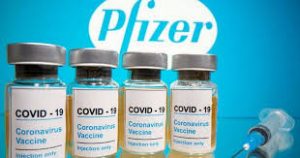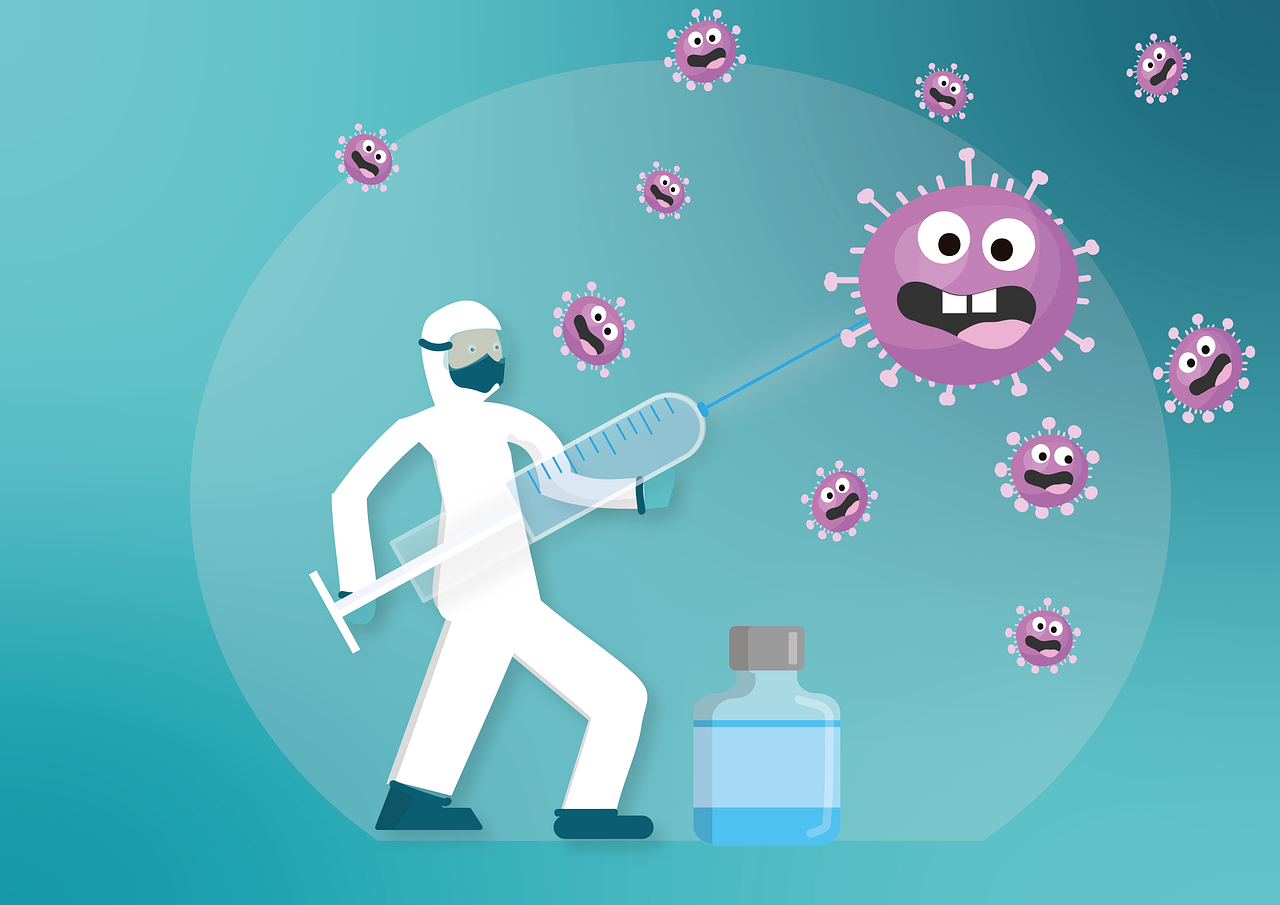by Aoife O’Sullivan
Early in the week American pharmaceutical company Pfizer announced that they had successfully manufactured a vaccine that was 90% effective in Stage 3 of the vaccine testing process. A week later, Moderna, another American company announced that they had developed a vaccine that is almost 95% effective, without needing to be stored at the extremely low temperatures as the Pfizer vaccine, meaning it would be easily accessible and could even be stored in your local doctor’s office. Good news, right? Although it is very early days, as vaccines usually take 5 years at least to perfect, people are wary of receiving it in 2021. To ease your mind about the Covid-19 vaccines, here’s what we do know.
To firstly get a look at how effective this vaccine really is, it must be considered that that the normal flu vaccine that people regularly receive ever year, stands to be just under 70% effective, and this is because it mutates annually. It is too early to know yet if Covid-19 mutations will increase the severity of the virus, as scientists have physically not had long enough to find out.
A lot of people have been misled by conspiracy, and in general, our community are fearful of receiving this vaccine as it is such a new concept to us, and there is a general belief that it has been rushed. Yes, it is impossible to know what the long-term effects of the vaccine will be at this stage, but it is important to understand that there has been singular focus on developing this vaccine since the pandemic started, and scientists have been receiving more funding from the government than they would in previous years.

The Pfizer vaccine is an RNA vaccine, which is the first of its kind, but research in this kind of vaccine has been ongoing in the studies of infectious diseases, allergies and Cancer, for which there are many early-stage clinical trials.
Conventional vaccines usually contain inactivated disease-causing organisms or proteins made by the pathogen or antigens, which work by mimicking the infectious agent (a pathogen is a microorganism that causes or can cause disease). They stimulate the body’s immune response, so it is primed to respond more rapidly and effectively if exposed to the infectious agent in the future. RNA vaccines use a different approach that takes advantage of the process that cells use to make proteins: cells use DNA as the template to make messenger RNA (mRNA) molecules, which are then translated to build proteins. An RNA vaccine consists of an mRNA strand that codes for a disease-specific antigen. Once the mRNA strand in the vaccine is inside the body’s cells, the cells use the genetic information to produce the antigen. This antigen is then displayed on the cell surface, where it is recognised by the immune system.
The benefits of an mRNA vaccine is that they are not made with pathogen particles so are non-infectious. RNA does not integrate itself into the host genome and the RNA strand in the vaccine is degraded once the protein is made. Early clinical trial results indicate that these vaccines generate a reliable immune response and are well-tolerated by healthy individuals, with few side effects, such as the flu or at worst a fever. However, as they must be stored at extremely low temperatures, there is already a challenge faced by governments of how they are going to be stored.

The Moderna Vaccine is also an RNA vaccine, so it works in the exact same way. Both the Moderna and the Pfizer vaccines need to be given in two doses, so if we do receive it, we will receive it twice, a few weeks apart. It is important to remember that the viral mRna cannot alter our genes, so no, you will not grow a tail, and despite what anti-vaxxers are telling you, the government are not trying to track you.
So, who gets it first? It has been made evident that those most vulnerable and those working in healthcare will understandably be the first to receive the vaccines when they are released, and after that it will be those named as ‘further priority groups’. It is still early days, and normality is still a distant vision, but this news has brought hope that vaccinations could possibly take place in early 2021.
![]()


